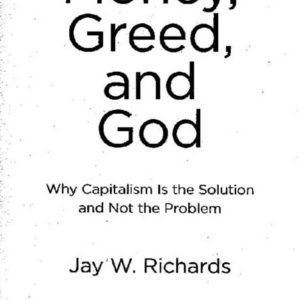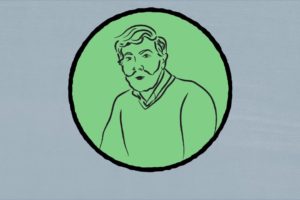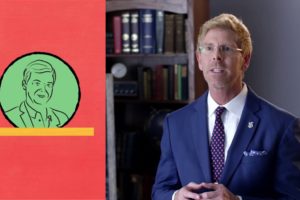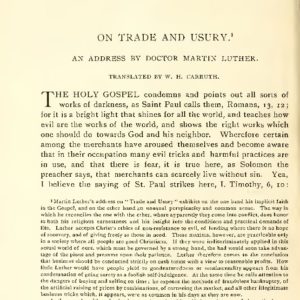Lesson 4 Lesson 4: Justice in Exchange
Presented by: Dr. Jay Richards
Busch School of Business and Economics at the Catholic University of America
What Is Required for Justice in Exchange?
Because trades are between people, whether directly in one-to-one trades or indirectly within organized exchanges or with business firms, questions of fairness and justice arise. In this lesson, students will probe the foundations of today’s discussions of income inequality and economic injustice.
Key Concepts: (1) Moral Philosophy, (2) Dynamic Pricing, (3) Commutative Justice, (4) Distributive Justice, (5) Distribution of Income

Learn More
 Link
Link
Thomas Aquinas, Summa Theologica, selections from the Second Part of the Second Part – Questions 61, The Parts of Justice; 62, Restitution; 66, Theft and Robbery; 77, Cheating, Which is Committed in Buying and Selling; 78, Usury.
Read Now PDF
PDF
Jay W. Richards, “Hasn’t Christianity Always Opposed Capitalism?” Chapter Six from Money, Greed, and God
Read Now






